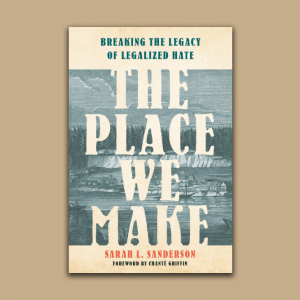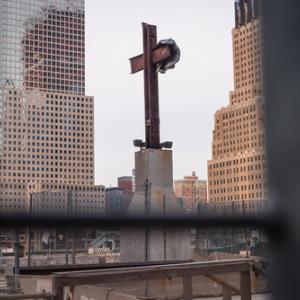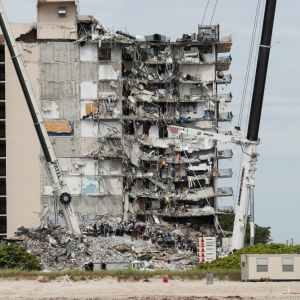
David Leong, Ph.D., is an affiliate professor at Seattle Pacific University and author of Race and Place: How Urban Geography Shapes the Journey to Reconciliation.
Posts By This Author
Shōgun’s Portrayal of Embodied Faith Is Groundbreaking. Here’s Why
As a missiologist and practical theologian, I can’t help but appreciate the multiple depictions of an embodied faith throughout the drama, in patterns of both faithfulness and dysfunction.
Ignoring Our Cities' Racist Histories Is a Sin of Omission
Ambitious in scope, The Place We Make is part cultural and geographic history, part spiritual memoir, with thoroughly researched original source documents and contemporary voices. The structure of the book alternates between historical profiles from Vanderpool’s context and Sanderson’s personal moves from the places of ignorance, silence, and exclusion toward empathy, self-disclosure, and community. It is no small task to write as a confessional Christian while clearly identifying the numerous ways Christianity has served to create and perpetuate white supremacy. Sanderson tackles this challenge with humility, often citing theologians and Christians of color who have been wrestling with this paradox from the beginning of colonial modernity.
Christians Must Challenge the Selective Memory of #NeverForget
What does it mean, now two decades past this traumatic event, to “never forget” 9/11? And why are we simultaneously encouraged to “move on from the past” when it comes to other great American tragedies, like the genocidal erasure of Indigenous peoples, or the horrific violence against Black people from chattel slavery through Jim Crow?
The Theology of a Collapsed Condo Building
If we want to understand this tragedy, we must see more clearly the failure of these physical and social structures that we have built and continue to build. For too long, the Christian imagination has divorced our identities and social worlds from geography, as if we exist in the abstract, apart from the land and the built environment we inhabit. But what if who we are — and especially who we are together — is completely dependent on the everyday spaces we inhabit, like high-rise condos and retirement communities?



